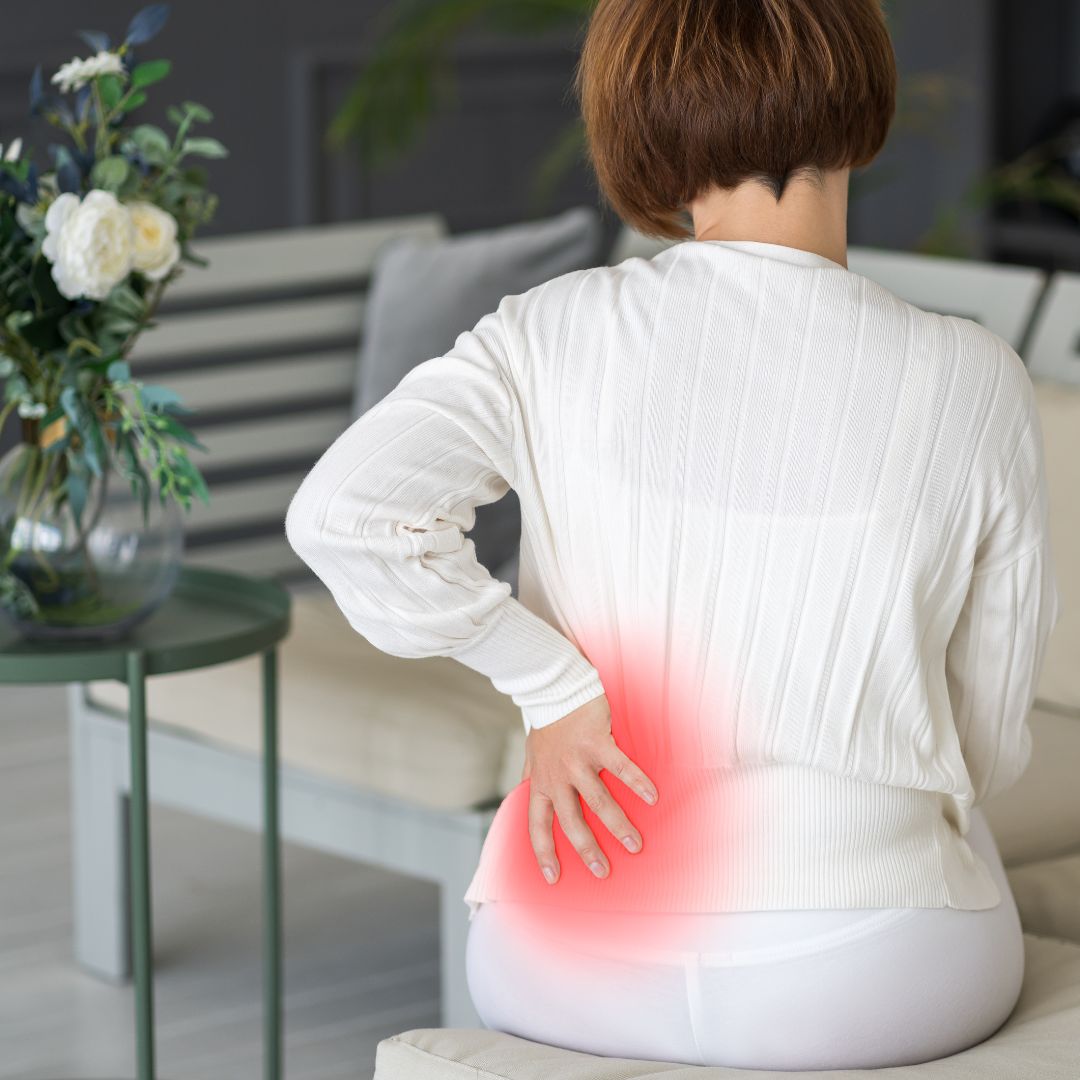The Modern Shift Unbalancing Our Well-Being
In an age dominated by technology and urban living, our innate connection to the Earth’s natural electrical state is increasingly compromised.
- The Barrier of Technology and Urbanisation: Our daily environments are filled with insulating materials—rubber-soled shoes, asphalt, carpets, and elevated buildings—that physically separate us from direct contact with the Earth’s surface. This disconnection from the Earth's natural electric charge disrupts the body’s electrical state.
- Electromagnetic Fields (EMFs) and Their Impact: Modern technology, while offering numerous benefits, also exposes us to an unprecedented level of electromagnetic fields (EMFs). Devices such as smartphones, computers, and Wi-Fi routers constantly emit EMFs, which can interfere with the body’s internal electrical processes and contribute to a state of electrical imbalance.
- Altered Biological Rhythms: The human body’s circadian rhythms, which regulate sleep-wake cycles, hormone release, and other physiological processes, are sensitive to natural light and the Earth’s electromagnetic variations. Disruption in our connection to these natural cues can lead to sleep disorders, hormonal imbalances, and reduced immune function.
- Stress and Inflammation: The body's natural defense mechanisms against stress and inflammation rely on a stable internal electrical environment. When this balance is disturbed, it can lead to increased susceptibility to stress and inflammatory diseases. This is partly due to the body’s reduced capacity to neutralize free radicals without adequate grounding, leading to oxidative stress.
- Compromised Immune Function: A stable electrical environment is crucial for the optimal functioning of the immune system. Disruption caused by our insulated lifestyles can impair the immune response, making the body more susceptible to infections and diseases.
The health advantages of earthing have been substantiated by 21 research studies published in peer-reviewed journals, covering a wide range of areas including sleep, inflammation, pain, blood circulation, heart rate variability, mood, and beyond.
Reduced Inflammation
The process of grounding has been shown to influence the inflammatory response significantly. Studies like those conducted by Oschman et al. (2015) illustrate grounding’s ability to reduce or prevent the symptoms of inflammation-related disorders.
Grounding facilitates the transfer of free electrons from the Earth into the body where they act as natural antioxidants, neutralizing negatively charged free radicals that are a common byproduct of cellular metabolism and a primary cause of inflammation.


Enhanced Circulation and Oxygenation
Grounding’s effect on the blood is profound; by reducing blood viscosity, grounding enhances circulation. This effect improves oxygen and nutrient delivery and speeds up the removal of waste products from the body.
Chevalier’s 2013 study on grounding and blood viscosity offers a compelling argument for grounding’s role in cardiovascular health, indicating a natural method for preventing heart disease.
Stress Reduction and Nervous System Regulation
Grounding has been observed to have a calming effect on the nervous system, which can lead to decreased stress levels and heightened relaxation. This is particularly relevant for the regulation of cortisol, the body’s main stress hormone.
A study highlighted in the Journal of Alternative and Complementary Medicine (2004) noted improvements in sleep and reduced stress levels among participants who practiced grounding, pointing to its potential for enhancing the quality of life.


Mental Clarity and Emotional Stability
Emerging evidence, from the likes of Hyun-Jung Park et al (2023), suggests that grounding may also benefit mental health by promoting emotional stability and mental clarity. While research in this area is still developing, anecdotal reports and preliminary studies hint at grounding’s potential to alleviate symptoms of depression and anxiety.
Enhancing Sleep and Overall Well-Being
Studies have shown that grounding can lead to improved sleep patterns, with individuals experiencing more deep sleep and fewer night-time awakenings. This improvement is likely attributable to grounding's impact on circadian rhythms and cortisol levels. Notably, a study by Ghaly and Teplitz in the Journal of Alternative and Complementary Medicine (2004) demonstrated that participants using grounding technology during sleep reported enhanced quality of sleep, reduced morning fatigue, and decreased cortisol levels.

Further Reading
If you’re intrigued by the potential of grounding to improve health and are seeking a deeper understanding, we invite you to explore the detailed evidence below.
- Grounding – The universal anti-inflammatory remedy
- Prevention and treatment of COVID-19 infection by earthing
- Grounding the Body Improves Sleep Quality in Patients with Mild Alzheimer’s Disease: A Pilot Study
- How Localized Grounding, Combined with Conductive Skincare, Improves the Outcomes of the Traditional Skincare
- Effectiveness of Grounded Sleeping on Recovery After Intensive Eccentric Muscle Loading
- The Effects of Grounding (Earthing) on Bodyworkers’ Pain and Overall Quality of Life: A Randomized Controlled Trial
- Effects of Grounding (Earthing) on Massage Therapists: An Exploratory Study
- Electrical Grounding Improves Vagal Tone in Preterm Infants
- One-Hour Contact with the Earth’s Surface (Grounding) Improves Inflammation and Blood Flow—A Randomized, Double-Blind, Pilot Study
- Grounding after moderate eccentric contractions reduces muscle damage
- The Effect of Grounding the Human Body on Mood
- Grounding the Human Body during Yoga Exercise with a Grounded Yoga Mat Reduces Blood Viscosity


